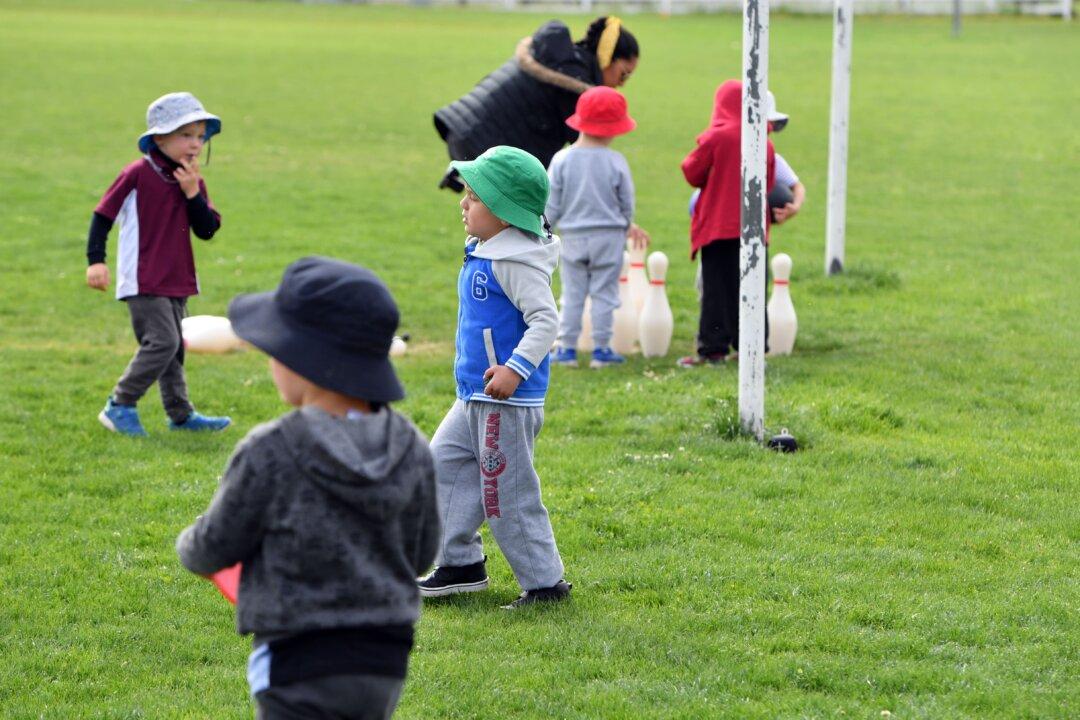An Australian think tank has called on the Labor government to implement a childcare reform that would see low-income families pay as little as $10 (US$6.60) a day or no fee for the service to fix the current “failing system.”
However, evidence from Canada suggested that such a reform might not bring about the intended results





